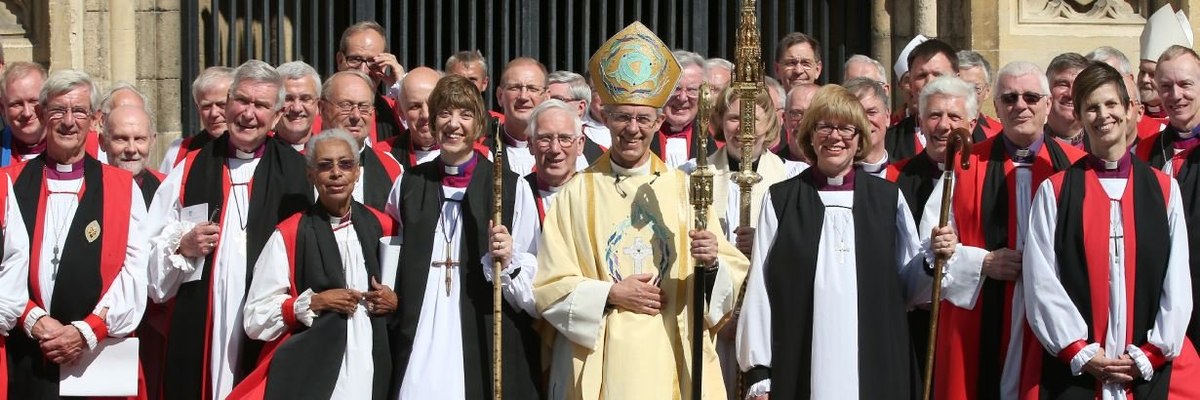Britons say the church has little influence on day to day life in the UK
Justin Welby has resigned as archbishop of Canterbury following criticism of his handling of an abuse scandal, with an independent review finding that a child abuser might have been brought to justice had Welby formally reported the issue to the police.
YouGov polling the day after his resignation shows that Britons overwhelmingly think the archbishop was right to resign, with 62% saying so compared to only 4% who think he should have remained in place.
A survey conducted on the day of his resignation found 31% of Britons with an unfavourable view of Welby, an increase of 13pts from a week earlier, prior to the scandal breaking. Only 6% have a positive view of the former archbishop.
Shortly prior to the scandal becoming a major news story, a YouGov survey had examined attitudes towards the Church of England, its relationship with the state, and its influence on British society.
Even before the recent news, the Church of England was already unpopular with the public, with the 39% holding an unfavourable opinion of the state church outnumbering the 32% with a favourable view.
And the church is seen as largely irrelevant to everyday life in the UK. Almost three quarters of Britons (73%) say that the church has little to no influence on the way most people in Britain live their lives.
Indeed, when we asked Britons an open-box question "who is the archbishop of Canterbury?", only 21% were able to correctly identify the most senior clergyman in the Church of England.
Nor do people want to hear from Welby or his successors. Half of Britons (50%) say that religious leaders such as the archbishop of Canterbury should keep out of political matters, compared to only 33% who say they should express their views on day-to-day social and political questions.
These figures closely match those from a 1957 survey conducted by Gallup, although they do represent a notable shift since our own previous study in 2013, which saw the public evenly divided, with 41% wanting religious leaders to refrain from making interventions, but 45% saying they should express their views on day-to-day social and political questions.
Should the Church of England be disestablished?
The results show that 50% of Britons want the Church of England to be separated from the State, compared to only 21% who want them to continue to be linked.
This survey question matches one asked by the pollster Gallup in 1957. Even back then there was not strong support for continuing the connection between church and state, with the public split 37% to 37% on the matter. YouGov research a decade ago in 2013 found that by that point disestablishment had come to be favoured by 51% to 27%.
How do Anglicans feel about the Church of England?
Our survey also allows us to examine the views of Church of England adherents on these issues. It is worth noting, however, that few self-described Anglicans seem to practice their faith regularly: fully 65% say they go to church less often than once a year.
As a result, attitudes among Church of England adherents are tepid. While 66% have a favourable view of the church, only 46% want to keep the connection between church and state (although this figure is still higher than the 30% who say it should be disestablished).
In terms of the impacts that this could cause, they are particularly more likely than the wider public to be opposed to the monarch no longer also being head of the church (66%).
Just a third of Anglicans (34%) say religious leaders like the archbishop of Canterbury should express their views publicly, with the majority saying they should not (55%). Indeed, only a third of Anglicans (34%) could name Justin Welby when asked who the archbishop of Canterbury was.
Only one in six think the church has much influence on the government (16%) or the public (15%).
What do you think about Justin Welby, disestablishing the Church of England, and everything else? Have your say, join the YouGov panel, and get paid to share your thoughts. Sign up here.
Photo: Getty










